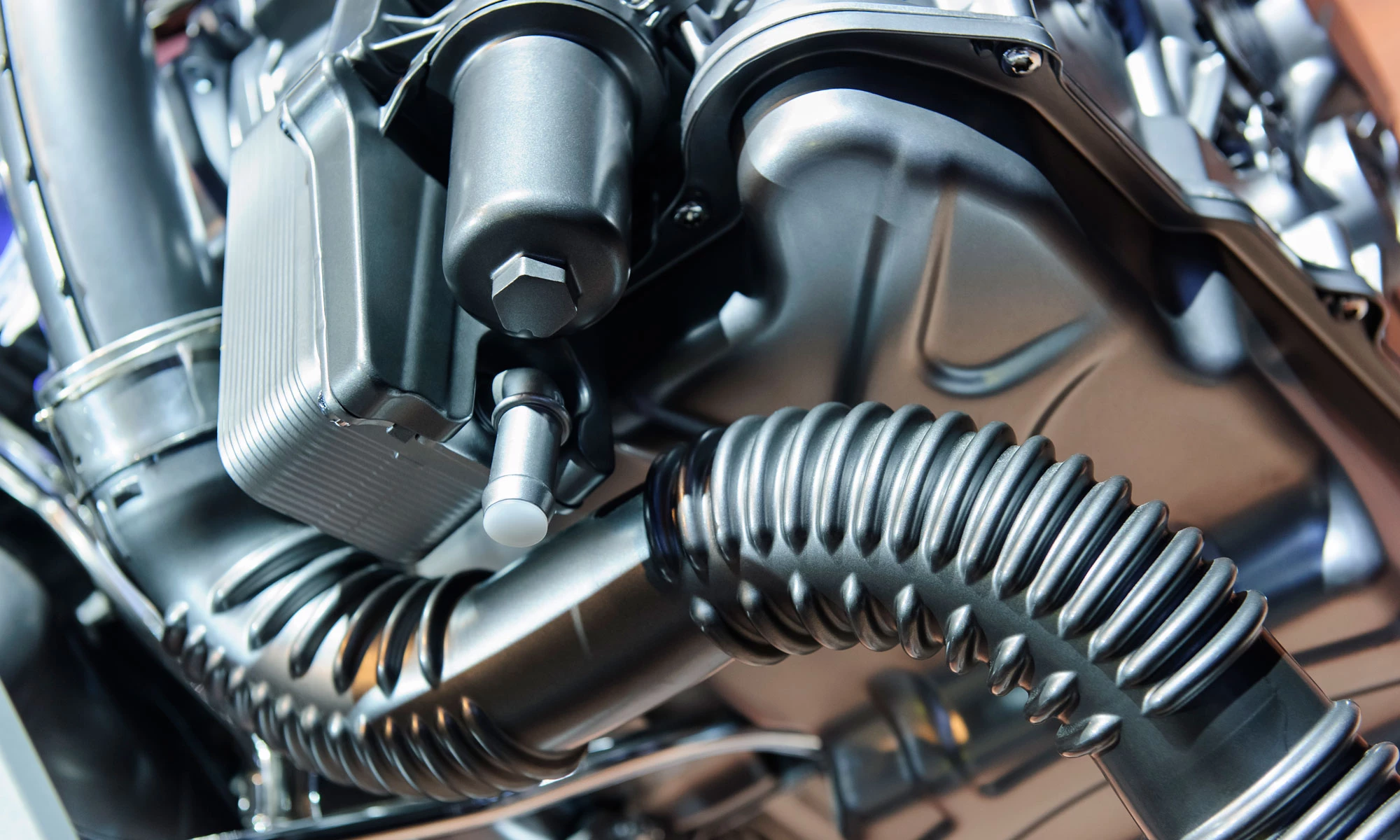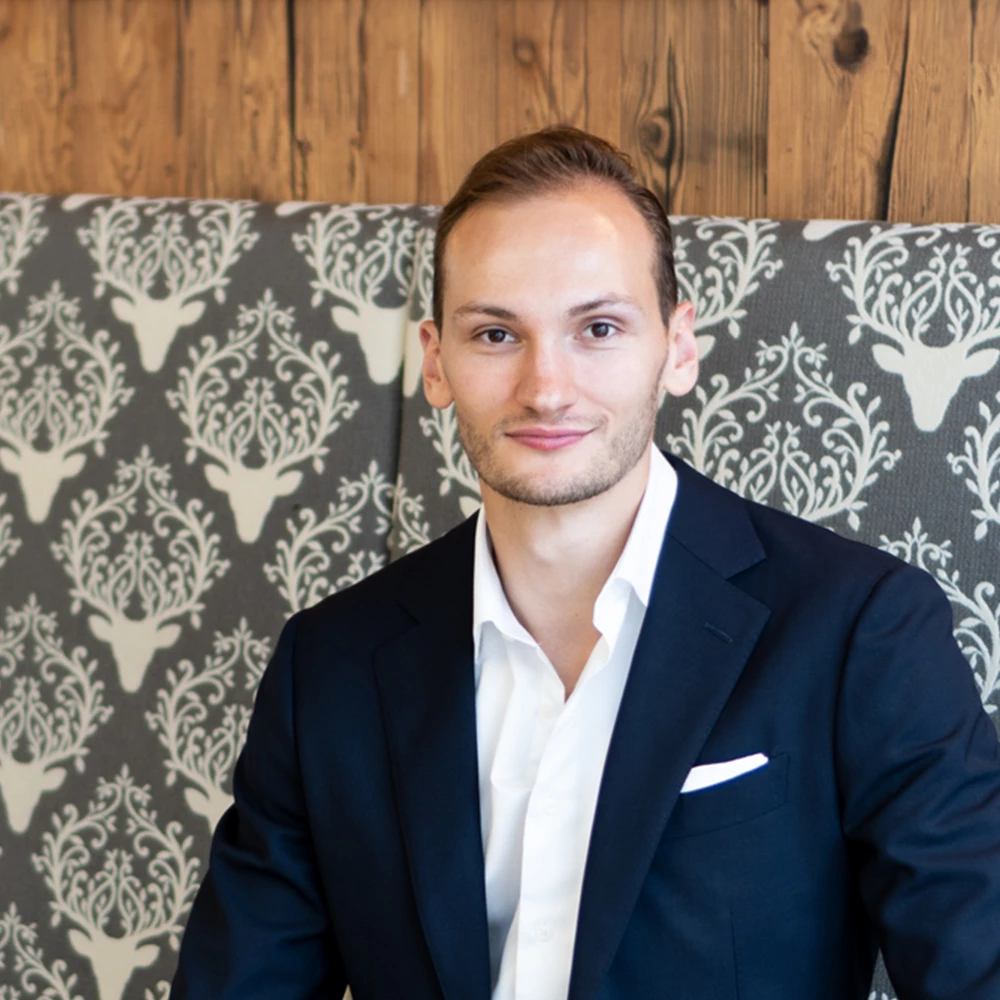Causes of contamination and technical background
Modern engines with high specific power and complex exhaust gas aftertreatment suffer from increased black sludge and oil carbon formation due to the resulting high thermal load on the lubricant. This is caused by the nitrogen oxides formed in the combustion process, which react in the engine with oxygen and proportions from the fuel and lead to the formation of acidic organic compounds, which stress the engine oil and lead to premature aging of the lubricant accompanied by the formation of such unwanted deposits, primarily in the cylinder heads.
Measures for remanufacturing up to new part quality
In the course of the remanufacturing process, the cylinder heads, which had previously been completely dismantled, are subjected to a multi-stage reconditioning process in order to restore technical cleanliness to the level of new parts. As a first step, the components are chemically cleaned using several ultrasonic immersion baths to dissolve deposits and oxides over a large area. This is followed by fully automated component washing in cleaning solution to ensure complete degreasing. In the next step, all bores and channels of the casting are rinsed under high pressure with a lance and the cleaning result is checked at critical points with an endoscope. Finally, particularly stubborn impurities and seal residues are removed by hand in places difficult to reach for automatic machines with the aid of nylon or brass brushes. The result is a Reman product at the most attractive conditions and with minimum consumption of resources.

